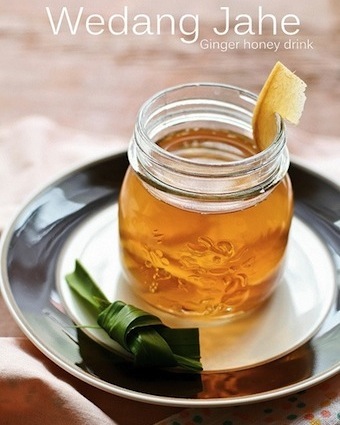
Spices are not only about adding flavor and improving health – they have the power to transform the color of a dish. Turmeric for yellow, paprika for red, butterfly-pea flowers for blue, and Pandan Leaves for Green.
What food would you dye green? A cake, of course. A common sight in bakeries and morning markets in many Southeast Asian countries is a light-green colored chiffon cake. The cake has been naturally dyed green by fresh pandan leaves that have been pounded or blended into a rich, green paste.

What does that green taste like? Your eyes might perceive a veggie-like flavor, but pandan imparts a warm, nutty, sweet, piney flavor to cakes and other desserts. It’s no wonder pandan is nicknamed Vanilla of the East or Asian Vanilla.
But unlike vanilla, this leaf isn’t principally a dessert spice. In Thailand, marinated chicken pieces are wrapped in pandan leaves and deep-fried for a delicious appetizer called Gai Ob Bai Toey (Thai Pandan-Wrapped Chicken). And in Malaysia, the long, narrow blades are tied into a knot – to make the leaves more compact and to release the essential oils – and added into the rice cooker to produce a fragrant coconut rice called Nasi Lemak.

The pandan leaves used in cooking are from the shrubby, tropical plant Pandanus amaryllifolius – one of over 600 different pandanus plants (otherwise referred to as Screwpine because of the spiraling pattern on the bark of some of the species).

Pandanus amaryllifolius stands out among the rest because of its pleasant aroma, which is strongest when the leaves have slightly dried and wilted a day or two after harvesting.
A week after harvesting, that sweet, comforting smell is gone. So if you bought some fresh pandan leaves, here are a few recipe ideas to use them up before it’s too late…





0 comments:
Post a Comment